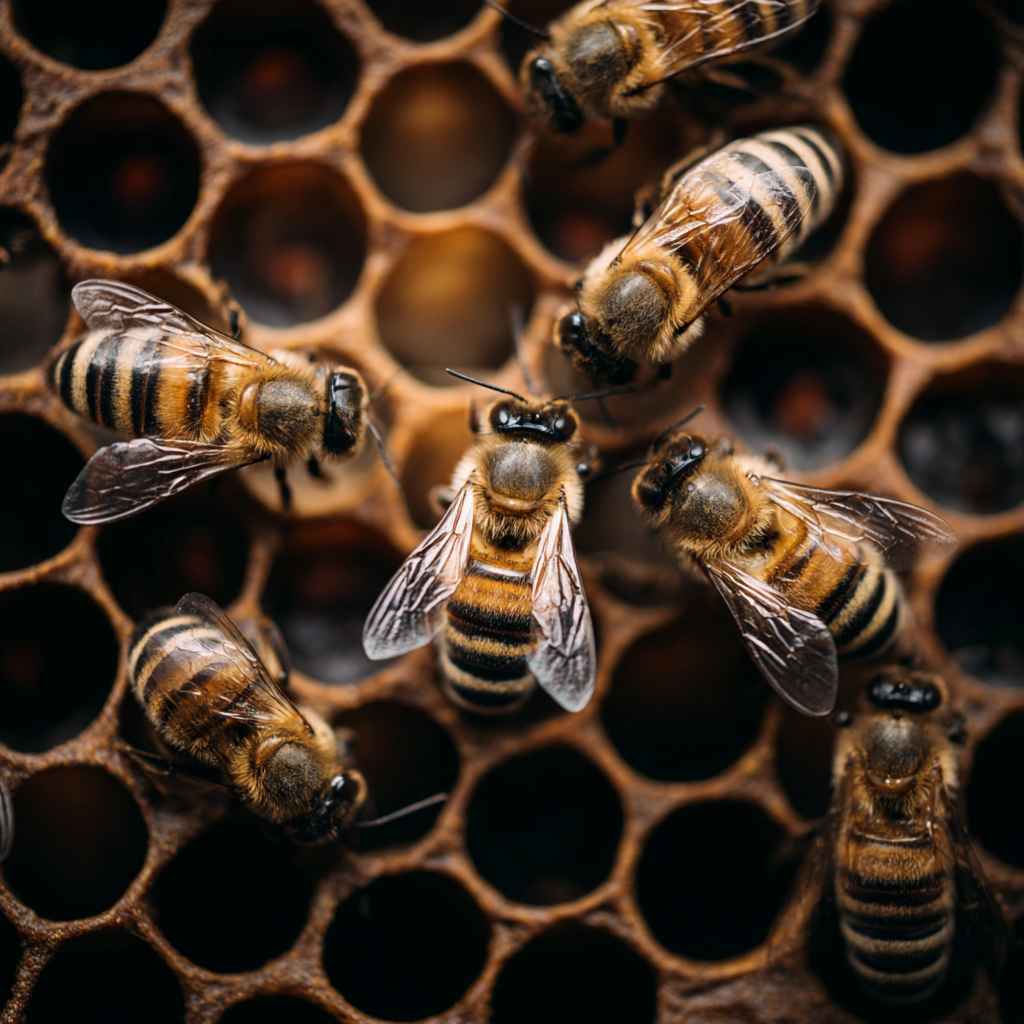Content
If you’ve ever hired someone who looked great on paper but clashed with colleagues in practice, you know how damaging poor teamwork can be. Testing teamwork skills in your hiring process isn’t about trick questions or theoretical answers—it’s about creating opportunities for candidates to show how they collaborate, communicate, and contribute in real situations.
The best way to approach it is to weave teamwork assessments into multiple stages of your hiring funnel. For example, you might include a short pre-employment test that measures collaboration tendencies, follow up with behavioral interview questions that uncover real-world teamwork stories, and finally, run a practical exercise where candidates solve a problem with others.
By layering these methods, you gain a 360-degree view of a candidate’s collaboration style. Instead of relying on gut feelings, you’ll have hard evidence of whether someone can be a genuine team player in your organization.
Why Teamwork Skills Matter in Hiring

Teamwork isn’t just a “soft skill” box to check—it’s the foundation of every successful business outcome. Imagine a marketing team where everyone works in silos, or a customer support department where agents refuse to share information. Even the most talented individual contributors can’t drive results if they can’t work together.
When you prioritize teamwork skills in hiring, you’re protecting:
- Culture: New hires who collaborate naturally strengthen the culture you’ve worked hard to build.
- Performance: Teams with strong collaboration outperform groups of “star” individuals who compete instead of cooperating.
- Engagement: Employees who feel supported by peers are more motivated and satisfied at work.
- Retention: People stay longer in organizations where teamwork is encouraged and celebrated.
Think of teamwork as the glue that holds every business function together. Without it, projects stall, innovation dies, and conflicts spiral. That’s why learning how to test teamwork skills isn’t optional—it’s essential.
How to Test Teamwork Skills: Practical Approaches
There’s no single method that works for every company. Instead, you need a mix of assessments, interviews, and exercises that show how candidates behave in group settings.
1. Behavioral Interview Questions
Ask candidates to recall specific teamwork experiences. Instead of vague “Are you a team player?” questions, focus on situations:
| Question | What It Reveals |
| “Tell me about a time you worked on a team project with a tight deadline. What role did you play?” | Shows collaboration style and ownership. |
| “Describe a conflict you had with a teammate. How did you handle it?” | Tests conflict resolution skills. |
| “Give an example of when you had to support a struggling team member.” | Reveals empathy and willingness to help. |
These answers help you identify a team player without relying on self-reported claims.
2. Group Exercises
Simulated tasks—like solving a case study in small groups—highlight real teamwork behaviors. Pay attention to who:
- Listens actively
- Encourages participation
- Balances leadership and collaboration
- Helps the group move toward a solution
These exercises often reveal hidden strengths (or red flags) you’d never see in a solo interview.
3. Role-Play Scenarios
Role-plays let you observe how candidates react to real workplace situations, such as:
- Mediating a disagreement between colleagues
- Delegating tasks on a shared project
- Balancing personal goals with team objectives
This is one of the most reliable ways to test team player qualities under pressure.
4. Psychometric and Situational Judgment Tests
Assessment tools can measure personality traits linked to teamwork, like agreeableness, cooperation, and communication. Situational Judgment Tests (SJTs) present real workplace dilemmas and ask candidates how they’d respond, revealing natural decision-making patterns. If you want a deeper breakdown of practical methods, here’s a detailed guide on how to test teamwork skills effectively during hiring.
5. Reference Checks with a Teamwork Lens
When you call former managers or colleagues, ask targeted questions:
- “How did they contribute to team projects?”
- “Were they more of a leader, collaborator, or individual contributor?”
- “How did they handle disagreements with teammates?”
This triangulates your findings from interviews and assessments.
How to Identify a True Team Player

Spotting a real team player goes deeper than looking for someone “nice” or “easy to work with.” A genuine collaborator blends confidence with humility, balancing their own contributions with the success of the group.
Here are signs to watch for:
- Inclusive Language: They naturally use “we” instead of “I” when discussing past projects, showing they value collective success.
- Empathy in Action: They notice when others struggle and step in to help, not because it’s required but because it’s who they are.
- Adaptability: True team players adjust their style depending on what the group needs, whether it’s leading, supporting, or following.
- Conflict Management: Instead of avoiding disagreements, they address them constructively and look for solutions that work for everyone.
- Shared Credit: They celebrate group wins, highlighting others’ contributions rather than hoarding the spotlight.
Think of teamwork skills as a mix of mindset and behavior. A candidate who demonstrates these qualities consistently—through interviews, exercises, and references—isn’t just saying they’re a team player. They’re proving it.
FAQs About Testing Teamwork Skills
Q1. Why can’t I just ask candidates if they’re team players?
Because almost everyone will say “yes.” Instead, focus on behavior-based questions and exercises that reveal how they actually work with others.
Q2. What’s the best way to test teamwork in a virtual hiring process?
You can use online group exercises, role-play via video calls, and digital teamwork assessments to see how candidates collaborate remotely.
Q3. Can teamwork skills be taught, or should I only hire people who already have them?
Teamwork can be improved with training, but it’s much easier to hire people who already demonstrate collaboration, empathy, and adaptability.
Q4. Are teamwork assessments biased?
Good assessments are designed to minimize bias by focusing on observable behaviors and structured scenarios. Always combine multiple methods for fairness.
Final Thoughts
Knowing how to test teamwork skills in your hiring process helps you avoid costly mistakes and build stronger, more collaborative teams. From structured interviews to group tasks and psychometric tests, the right mix of methods gives you clear insight into whether someone is truly a team player.
When you learn how to identify a team player early, you’ll spend less time fixing cultural clashes and more time building a workplace where collaboration drives success.
👉 Ready to see how assessments can help you find team players? Book a demo today.
